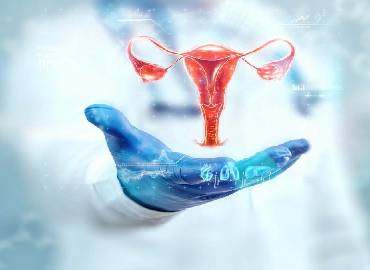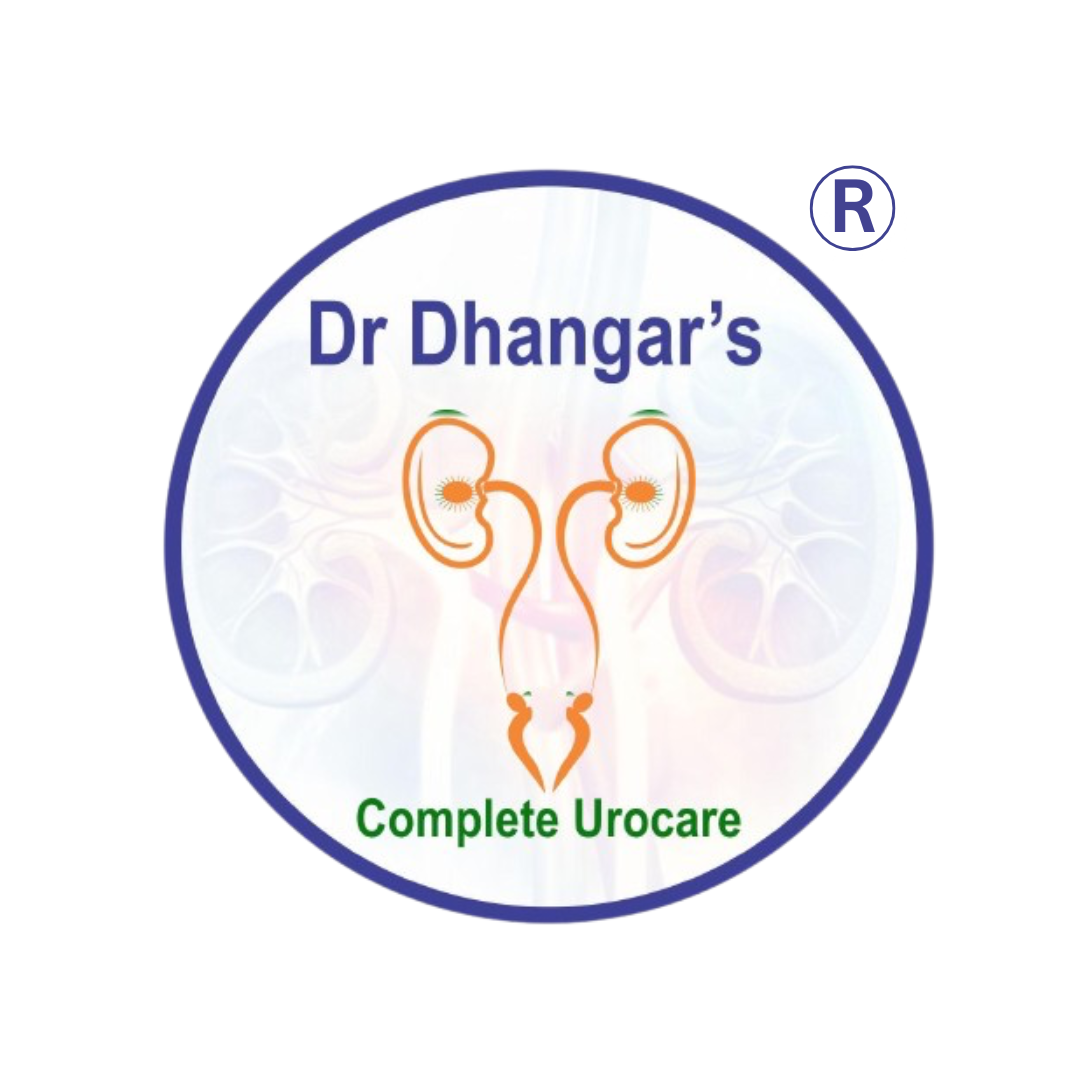
Uro-gynaecology addresses pelvic floor disorders, such as urinary incontinence, pelvic organ prolapse, and bladder dysfunction, in women.
Common Conditions:
- Urinary incontinence: The involuntary loss of urine, treated with pelvic floor exercises, medications, and surgical interventions.
- Pelvic organ prolapse: The dropping of organs like the bladder or uterus due to weakened pelvic muscles, often requiring surgery or the use of a pessary.
- Overactive bladder (OAB): Characterized by urgency, frequency, and nocturia. Treated with lifestyle changes, medications, and sometimes invasive therapies like botox injections or sacral nerve stimulation.
Diagnosis and Treatment:
- Pelvic floor rehabilitation: Kegel exercises, biofeedback, electrical stimulation.
- Surgical options: Sling surgeries, prolapse surgery, and minimally invasive approaches.
- Medications: Antimuscarinics, beta-3 adrenergic agonists, and sometimes topical estrogen for post-menopausal women.
Outcome: Many conditions can be managed effectively with non-surgical approaches, but surgery is sometimes needed for more severe cases.

